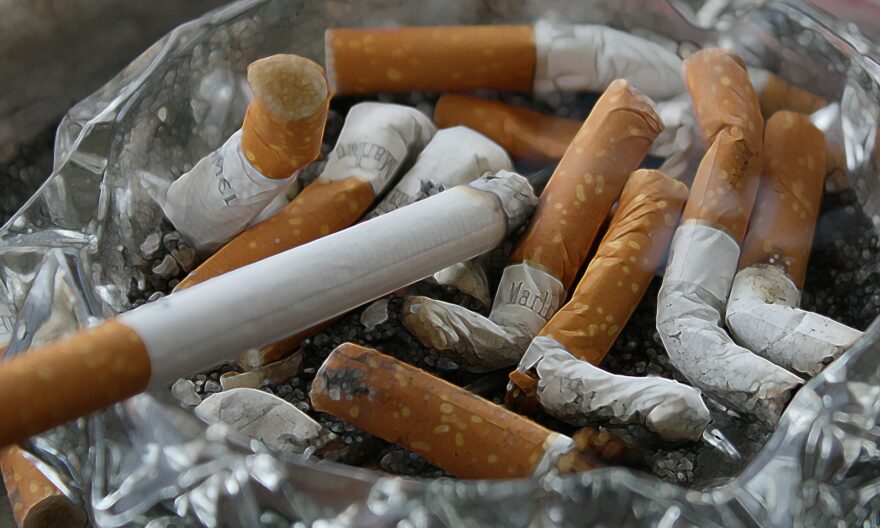
New Zealand is quickly moving forward with its plans to become a “smoke-free nation”, and has now taken the first step by banning future generations from buying cigarettes.
As part of the Smokefree Action Plan, which was recently announced by the government, the minimum age to buy tobacco products will be increased from 18 to 21, then to 25 by 2025.
Studies show that nearly 90% of adult smokers started before they turned 18. In addition to this, nearly all smokers started before the age of 26, with very few picking up the habit later in life.
Because of this, the government has argued that making it harder for teenagers and young adults to buy cigarettes will make them much less likely to start.
Many younger teenagers are exposed to older peers who smoke and are able to purchase cigarettes on their behalf, and this problem could be reduced by increasing the age limit to 25.
In a statement, New Zealand’s Associate Minister of Health Dr. Ayesha Verrall said, “This is a historic day for the health of our people. We want to make sure young people never start smoking so we will make it an offence to sell or supply smoked tobacco products to new cohorts of youth.”
What is the Smokefree Action Plan?
The Smokefree 2025 Action Plan was introduced on Thursday 9 December 2021 and aims to reduce smoking rates and smoking-related illnesses and increase quit rates.
As well as increasing the age limit for buying cigarettes, some of the other measures the government hopes to introduce include:
- Reducing the number of shops allowed to sell tobacco products
- Having lower levels of nicotine in cigarettes so they are less addictive
- Banning cigarettes with filters, as people believe this prevents harm
The Action Plan notes that most of the proposed measures, which could be effective from January 2023, have not been tested elsewhere and that New Zealand would be the first country in the world to launch this type of scheme.



